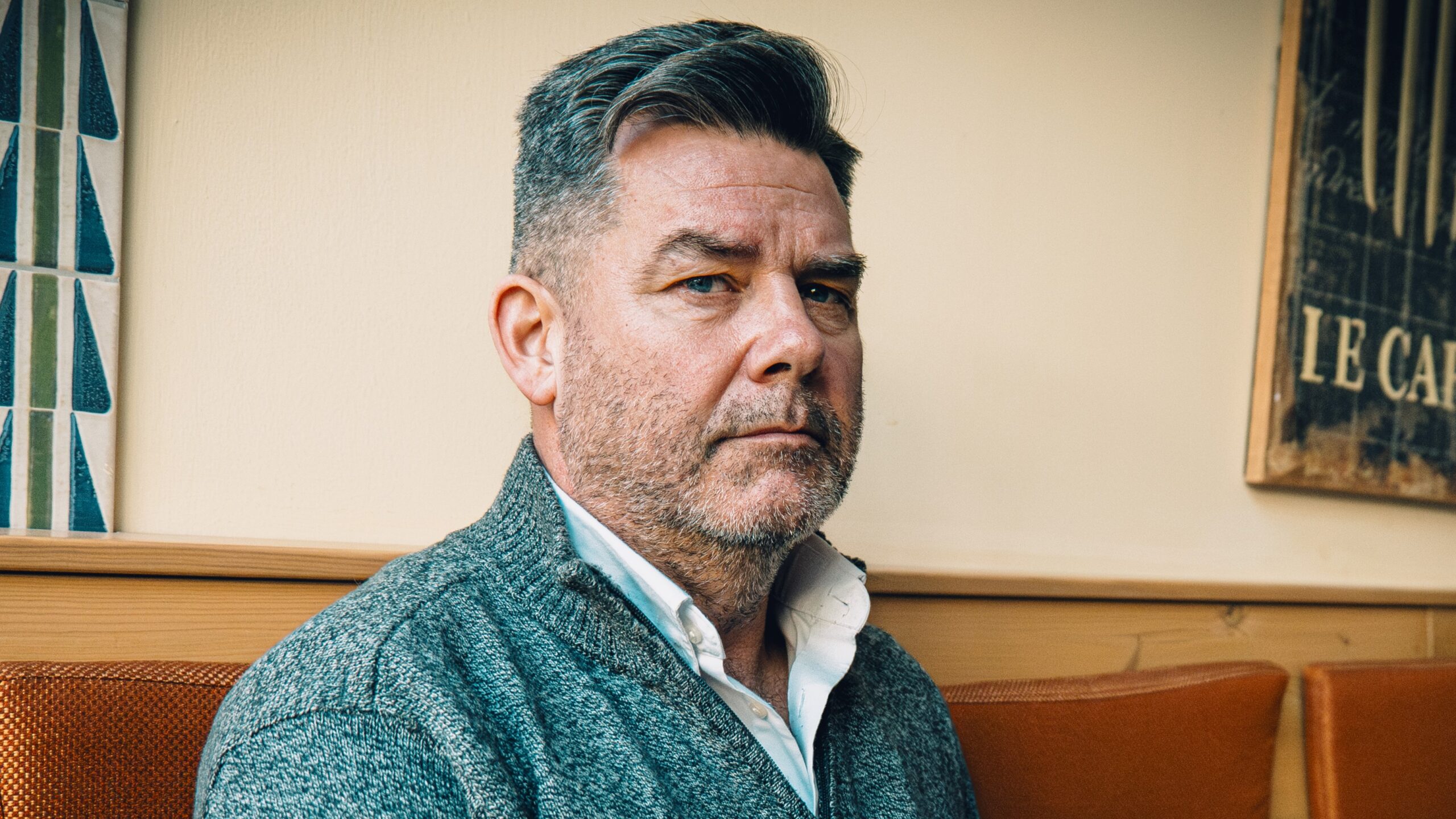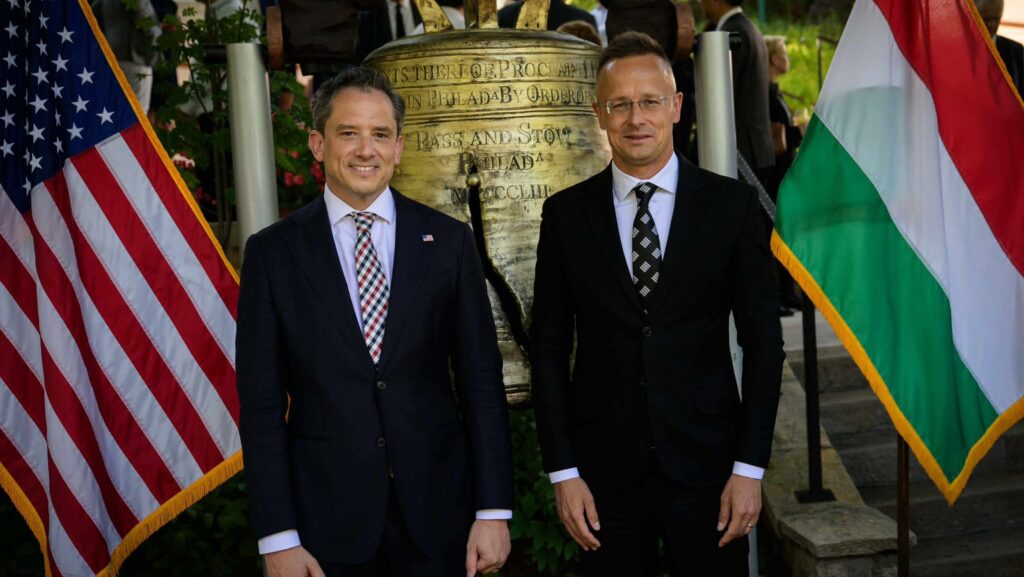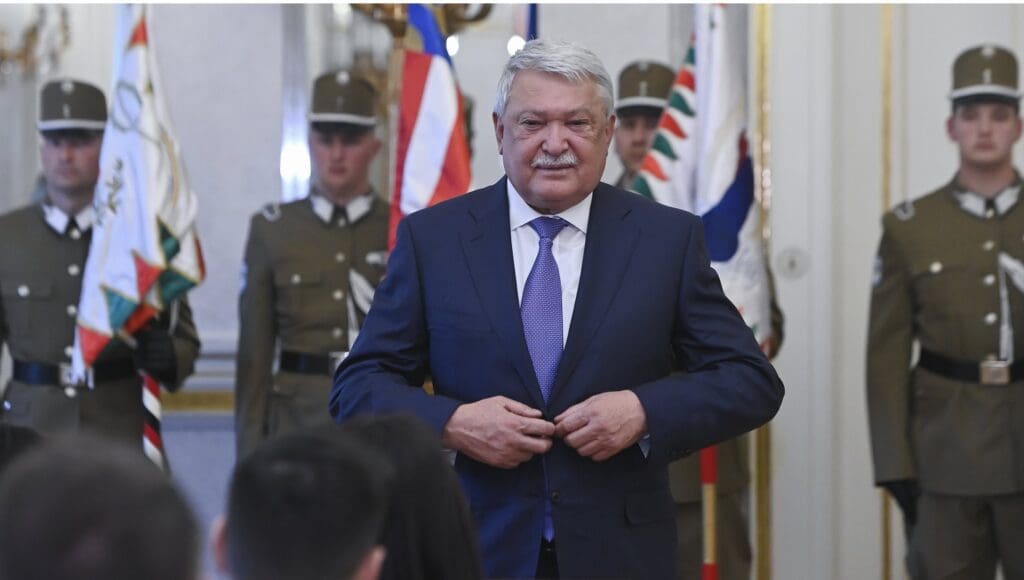Professor David Betz obtained his BA and MA at Carleton University, Ottawa and his PhD at the University of Glasgow. He joined the Department immediately after completing his PhD in 2002. His main research interests are insurgency and counterinsurgency, information warfare and cyberwar, propaganda, also civil-military relations and strategy and especially fortifications both historic and contemporary. He was the academic director of the War Studies Online MA for its first five years.
***
Your lecture back in April at the Danube Institute was about ‘stupid wars’. Could you please elaborate on what a stupid war is compared to ‘other’ wars? Can a war not be stupid compared to the sophisticated means of diplomacy?
The term ‘stupid wars’ I took from President Obama’s description of his own foreign policy doctrine. When he simplified it, he said that the essence of his foreign policy doctrine was, don’t do stupid shit (sic!). This was picked up or echoed an interesting way by Donald Trump in one of his campaign speeches in which he declared that in that the United States in its foreign policy from Obama through to the Biden administration had been the stupid country, so I picked up on how both men characterized these wars and agreed, basically, that you shouldn’t do them.
So, what’s the focus of differentiation between the two terms?
The short answer is that stupid wars are strategically backwards. They tend to produce more of the thing that they’re supposed to be fighting against. Probably the best example is the war on terror, the result of which has been the creation of more terrorism. You might see it also in terms like the war on drugs and the war on crime. These are, of course, metaphorical uses of the term war, but also illustrate this effect of producing more of the thing that you’re supposed to be fighting. Stupid wars are also always wars of choice, as opposed to wars of necessity; it is intrinsic in their stupidity that there’s some element of having chosen, chosen to do something that is strategically retrograde, that works opposite to one’s intent.
Now focusing on the Russo–Ukrainian conflict, it started a little more than two years ago. Was there any part of it in which it looked like it wasn’t going to be a stupid war?
No. It is paradigmatically stupid: unnecessary and unwinnable.
Moreover, it seems now obvious that the decision on the part of the West to pursue the war in the way that it has done was on the basis of a series of very flawed, even hubristic, assumptions, the primary one being that Russia was nowhere as economically strong and militarily capable as it has turned out to be.
The West has fundamentally misread the character of the current strategic moment.
It set out to diplomatically isolate Russia, to economically strangle it, and to militarily exhaust it. The exact reverse has happened. The West is even further estranged from the rest of the world, its economy is faltering, not only on account of the war—there are other structural causes for that, but the sanctions have backfired very dramatically, and in military terms, it is Western arsenals that have been drained to near empty, not Russia’s.
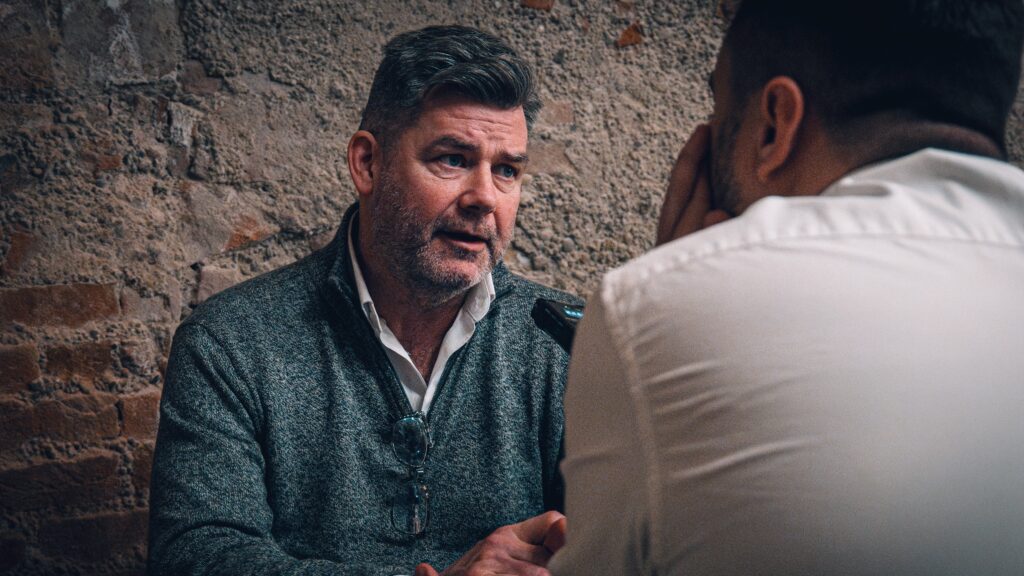
Can we label this war as ‘stupid’ even from a Ukrainian perspective?
From the Ukrainian perspective, it is a different story. But speaking from a Western perspective, with respect to the Western involvement in the Russo-Ukraine war, using Ukraine as its proxy, as essentially a meat puppet, it is a stupid war. Ukraine has been used very cynically, been ‘led up the garden path’ to use an English cliché. That’s what I’m what I’m talking about. I do think the Ukrainians are in a horrible position of having very limited, very limited choices. But they’ve been encouraged to do the stupid thing. They’ve been encouraged to effectively take actions which will probably result in the collapse of their country and the deaths of many hundreds of thousands of Ukrainians. It’s a country that has had something about a third to half of its population displaced abroad. Who knows if they will move back and of course, many, many thousands of their soldiers have been killed. I’m speaking primarily from the point of view of Western involvement. When it comes down to it, Ukrainians have been very badly used by the West, which will ultimately abandon them.
What, in your view, is the starting point of this conflict?
First, I’d argue with one of your previous questions. I don’t think it started two years ago. The origins of the conflict lie further back than that. You could wind it back to 2014 for example, as that’s the most obvious point. But actually, I think the story of the building confrontation between Russia and the West in the centre of Europe after the end of the Cold War has elements which date back to the early 1990s. And what has broken out in the last two years into large-scale, high-intensity, conventional warfare is simply the culmination of a series of stupid decisions dating back to the 1990s. The most perceptive and important analysis and prediction of this was probably made by the American strategist and statesman George Kennan, who was the author of the Cold War containment strategy. That was the strategy that the West successfully operated against the USSR throughout the Cold War. So Kennan was a very astute and important figure, and he was scandalized by NATO expansion, which he felt was destroying his life’s work and would encourage the worst tendencies In Russia, confirming their worst ideas about the intentions the of the west towards Russia. He was right, and more or less everything that he suggested would occur has indeed now occurred,
Based on my knowledge coming from acknowledged and recognized Western geopolitical analysts like Kissinger or Brzezinski, it’s far from obvious to me that the Kremlin would represent an existential threat to the rest of Europe. I am talking about the the mainstream narrative around this war in the West, which is that we have to support Ukraine, because otherwise the Kremlin would conquer Europe. But based on what I learned from Kissinger, from Brzezinski, it’s not about that. What is your opinion?
I don’t think that Russia is an existential threat to Europe which it has to worry about. Russia is both an Asian and a European country—that mix is fundamental to its character. Russia has been involved in the politics of Europe for as long as Europe has existed. And if you think of the great wars and the great events of European history, Russia is involved in them, for good or for ill. And I think that that will continue.
European history is not going to stop,
and general history is not going to stop, and Russia is not going to go away. But Russia doesn’t present an ideological threat to the rest of Europe. By practically all accounts, we are entering into a period of history which will be again dominated by Asia. Instead of having Russia a part of the European fold with a foothold in Asia we will have the reverse: Russia in the Asian fold with a European foothold. Absolutely stupid.
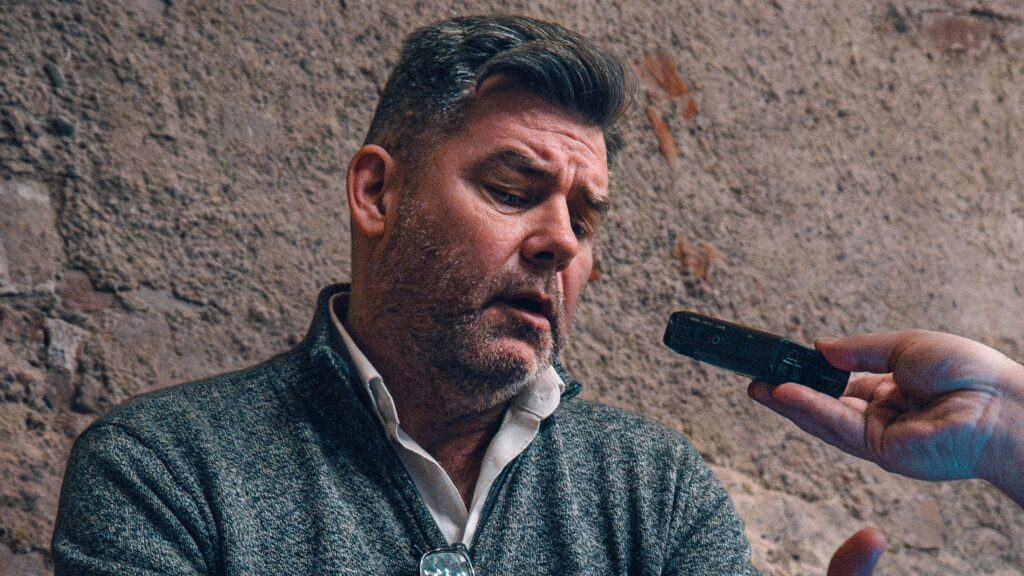
Why do you dismiss the narrative around a possible Russian threat to Europe?
Russia is essentially a capitalist country. Putin himself is, in Russian terms, a ‘Westerniser’. He’s a Germanophile and a moderniser. He’s certainly not a conventional Russian Slavophile. Under him, Russia is essentially a pragmatic and realist country, which is unsurprising because it’s a country that went through a near-death experience in the night in the 1990s when it experienced a collapse of its economy, military, and social institutions so extreme and so traumatic that it almost defies description. Now, it’s a country with many problems still, with a GDP and a population that won’t make Russia eligible to conquer a continent, but which has begun essentially to find its feet again. But just to complete my thought, Western commentary on Russia is frequently schizophrenic, characterizing it as a gigantic military threat so extreme that we have to respond by doubling or tripling defence spending, and also somehow at the same time a weak basket case of a nation run by criminal alcoholics. It can’t be both and in actuality, it’s neither.
So you think that Europe has nothing to worry about?
I would not say that. Western Europe is becoming exhausted for reasons that should be entirely familiar to your readers. The worst injuries to the vitality of Western Europe are self-inflicted. First, these are countries that embraced a multicultural social model that corrodes the potential of domestic peaceful nationhood and is falling apart in front of our eyes. Societies, moreover, that are on a structural economic path to bankruptcy on account of suicidal industrial and energy policies.
National states don’t go bankrupt in the way that individuals do, though…
Yes, but the fact is that these are economies which are very heavily indebted and have committed themselves to very high levels of social spending, for which people now have firm expectations, and which is the main thing holding together the last threads of the social compact. And it’s not clear, under the current economic conditions and projected economic conditions, how that social compact can be paid for. Europe is effectively being de-industrialized on account partly of the effects of the war, because it’s required Europe to shift from one energy supply system to another. However, the other one is five to eight times more expensive to do overnight.
Given that these are industrial economies, it begs the question, where’s the money coming from?
I don’t think anybody has an answer to that. Governments are becoming politically exhausted—they’ve literally run out of good ideas and struggle to make any positive arguments. People are becoming socially exhausted. Armies are becoming militarily exhausted. To give you an example, earlier this year, Denmark announced that it was sending all its artillery to Ukraine. This measure praised Denmark in many circles, whereas I thought, well, Denmark has demilitarized itself. Actually, there’s nothing peculiar about Denmark: essentially every West European country has done the same thing. Supposedly, according to the politicians who did all of this, we will be rearming massively. But, as you say, where’s the money coming from? It’s telling that the new British government has just announced that,
in fact, the armed forces will have to absorb new cuts because, well, there is not enough money.
None of this is surprising or really very complicated. Countries which have destroyed their own industrial capacity, which are essentially at the end of the rope when it comes to debt financing, and which dare not reduce domestic spending lest they trigger unrest in a society fractured by multiculturalism and identity politics, have little money to spend on arms. These were all acts of choice. These are all acts of stupidity. They are anti-strategic. And we shouldn’t be applauding any of it because it’s leading to very unpleasant consequences.
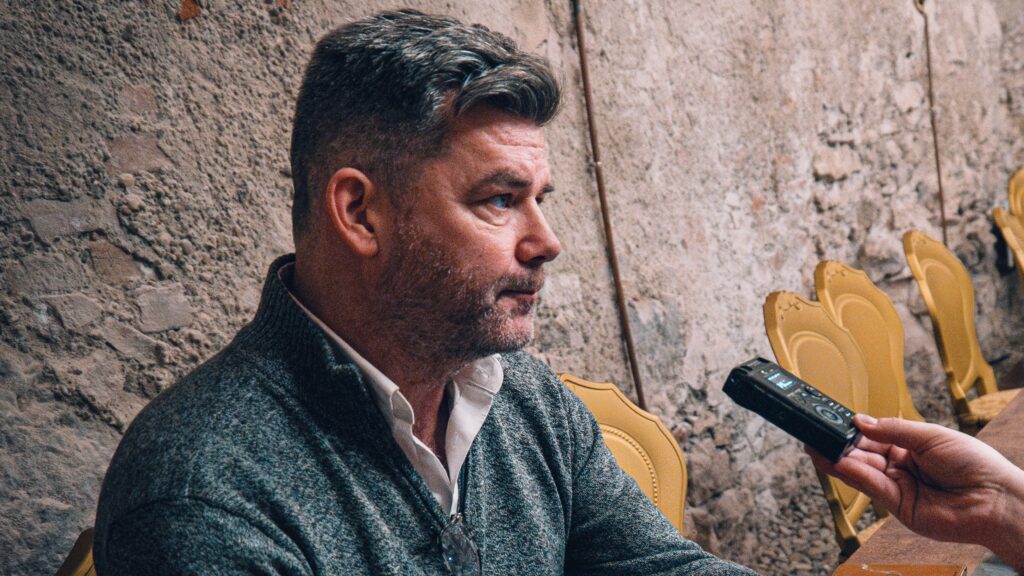
Let’s move on to the Hungarian perspective. For me, it’s logical what, at the beginning of the interview, you said about history obviously moving forward in Europe. This makes me think that it’s quite logical why the current Hungarian administration recognized the stupidity of this war. Hungary helps Ukraine with humanitarian means but does not intervene in the war simply because the Hungarian government thinks that someday this war will end, and the entire continent will have to realign their connections to the Kremlin and sort of revisit the old relations. How do you assess this?
I think the Hungarian perspective on the war is correct. I don’t think it’s always effectively articulated, at least abroad. I can’t speak for the domestic articulation of the policy as I’m not Hungarian, but from what I understand of the Hungarian approach, I think it is the correct one, and in its essence, it seems that
Hungary’s national leaders act in the national interest. It is an island of sanity.
I surmise that Hungary’s leaders feel that it is their responsibility to preserve and protect the security and prosperity of the Hungarian nation.
And that, surprisingly, is an unusual perspective everywhere else within Western Europe, which has taught itself or indoctrinated itself into a situation where national leaders do not think in terms of the national interest. I wish that my own country would adopt similar ideas with respect to Britain’s national destiny and the security and well-being of its people but I have no confidence that they will.
Finally, earlier this year Tucker Carlson met Vladimir Putin in the Kremlin and recorded an interview with him. This fact only made him eligible to be demonized by the Western mainstream, just because letting the Russian perspective known to the West. At the same time, for Hungarian people, everything that Putin said and the questions Carson asked were nothing new. Hungarian people know the Russian perspective; they can compare it to the Western one and still think that this war is stupid, as you already mentioned. Did Carlson do any wrong when creating an insight into the Russian perspective of the Western world?
There’s simply nothing wrong at all with what Tucker Carlson did. What Tucker Carlson did is simple journalism. The existence of so-called controversy is simply an illustration of the fact that what we now often refer to now as ‘mainstream journalism’ is entirely corrupt and rather pointless. Both the BBC and CNN have had, and by the way still have, the chance to record a similar one, but for some reason, they won’t. People have to make up their own minds and should be allowed to do so. Media should not infantilize the crowd. What critics are fearful of here is that people will listen to Putin and think, ‘oh, well, that’s reasonable’, or ‘I understand that point of view.’ This is what happens when, as I said earlier, the political establishment, or more precisely the politico-media complex, runs out of arguments for their own point of view.
They shut things down, they censor, they gush with ad hominem.
Incidentally, the reaction to Elon Musk’s recent interview with Donald Trump caused the same sorts of criticism to emerge from traditional media and the traditional sources of political power. Ironically, we had a journalist who interviewed Osama bin Laden. Journalists interviewed general secretaries of the Soviet Union during the Cold War era. That is what journalists are supposed to do. It ought to be the way Western media should proceed in this case as well, but they do not because they are not for the most part journalists anymore in the sense that we once understood that profession to operate. It is, in a word, stupid.

